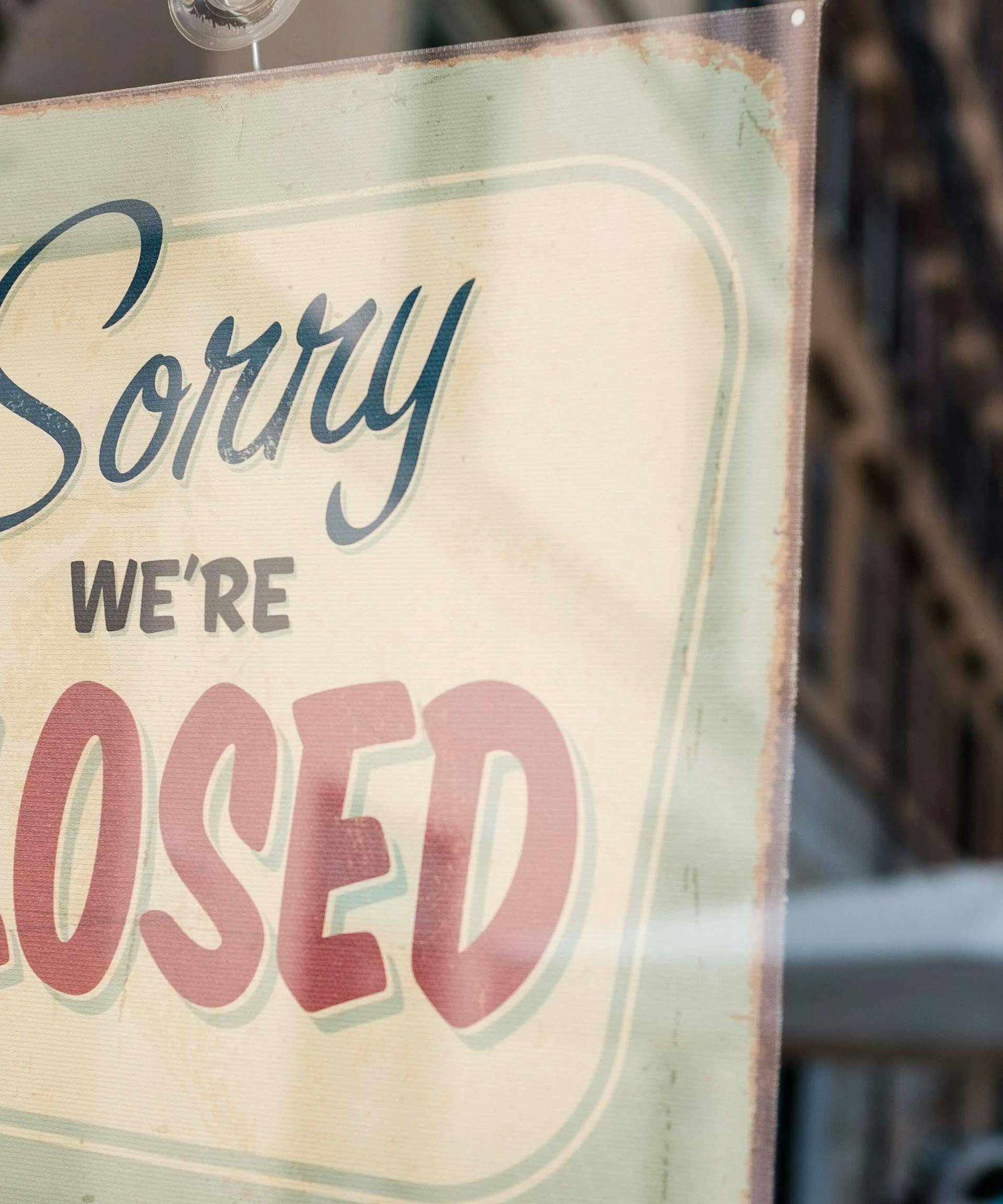Raising The Federal Minimum Wage Would Be A Disaster
Faux compassion is how progressives seep their way into mainstream culture, media, and entertainment. They pretend to be upset and heartbroken about an issue in order to manipulate you into voting for a harmful, sometimes downright stupid policy. A great example: raising the federal minimum wage to $15.

Progressive politicians and pundits want you to think that raising the minimum wage to $15 is a noble, just thing to do. “It’s what you would do if you really cared about minorities and poor people.”
But as utopian and moral as a $15 minimum wage may sound, it actually harms the very people it claims to help: low-wage, low-skilled workers who are looking to climb the professional ladder.
The Consequences of Raising the Minimum Wage
The United States of America is an incredibly diverse country, with 50 different states, each of which operates differently economically. To give you some perspective, consider the median wage in Mississippi: $15 an hour. Compare that to the median wage in California, $21.24, and the median wage in Washington, $23.15. For a state like Mississippi (and there are more of them than you might think), a $15 federal minimum would be the same as implementing a $21 minimum wage in California. It would be considered absurd. It would be struck down within seconds.
And yet, this is exactly what nearly half the country would deal with if the minimum wage were suddenly raised to $15 an hour.
Many small businesses in small towns will have to fire some employees just to stay afloat.
For those of us living in a coastal liberal city, it’s easy to forget that most businesses around the country don’t function in the same capacity as Apple or Macy’s. It makes no sense whatsoever that a small, family-owned diner in rural Kentucky should be required to pay each and every one of their employees the same amount that a large corporation like Walmart is required to pay theirs. In fact, many small businesses in rural areas or small towns would have to fire some employees just to stay afloat. And that certainly means they won’t be hiring anybody new anytime soon.
Past Experience and Research Show the Negative Effects of Raising the Minimum Wage
A recent study on the effects of minimum wage in Seattle by the National Bureau of Economic Research found that “low-wage workers lost more than $2 in forgone employment opportunities for every $1 gained from higher hourly wages.” Experts estimated that low-skilled workers lost 3 million working hours in total and suffered from 5,000 job losses. The net loss per month for each employee was $74.
In other words, the very people supposed to be helped by this policy were actually hurt by it. Ironic, isn’t it?
Unemployment Rates Go Up
Thomas Sowell writes extensively about the unintended consequences of increasing the minimum wage. We might think we’re doing good for the world by voting to usher in this policy, but outcome matters much more than intention.
Outcome matters much more than intention.
For example, in Discrimination and Disparities, Sowell points out that the minimum wage law wasn’t actually put into effect until 1948, even though the Fair Labor Standards Act was established in 1938. In 1948, before the minimum wage law was finally put into effect, the unemployment rates of both black and white teenagers were quite low — and the rates between black teenagers and white teenagers were very similar. 9.4% of black 16- and 17-year-old males were unemployed, compared to 10.2% of their white counterparts. Essentially, there was no difference in the unemployment rates for black and white teenagers.
However, after the minimum wage law was implemented, the rate for black teenage male unemployment spiked rapidly, and in 1967 their unemployment rates doubled. By the mid-1950s, black teenagers faced much higher unemployment rates than their white counterparts. “Unfortunately, when minimum wage laws reduce the employment prospects of inexperienced and unskilled black teenagers, that reduces their labor force participation, and therefore reduces their rate of acquisition of work experience and job skills,” says Sowell.
Small Businesses Don’t Survive
When the local minimum wage was raised in the restaurant industry of the San Francisco Bay Area, Sowell also pointed out that most of the restaurants that had to shut their doors were rated in lower quality. They were small, hole-in-the-wall mom and pop cafes. All the fancy places and five-star restaurants survived, though. Completely unaffected.
Implementing a higher minimum wage means the rich stay rich, while the poor get poorer.
That’s the commonality in all of these studies and local implementations of a higher minimum wage: the rich stay rich, while the poor get poorer. But at least the rich can pat themselves on the pack and have something to brag about at their dinner parties. “Hey, at least the little guy is getting paid $15 an hour! Cheers!”
Closing Thoughts
We need to stop and think before we wave our arms in the air, prop up a $15 minimum wage law, and claim that we’re helping the less fortunate do better in life. Outcome will always matter more than intention, and no matter how much you wish you were helping low-wage, low-skilled workers climb up the ladder by increasing the federal minimum wage, take a good look at the data. The more we support these policies rooted in faux compassion, the more difficult it will be for low-wage workers to find success and upward mobility in the workforce.